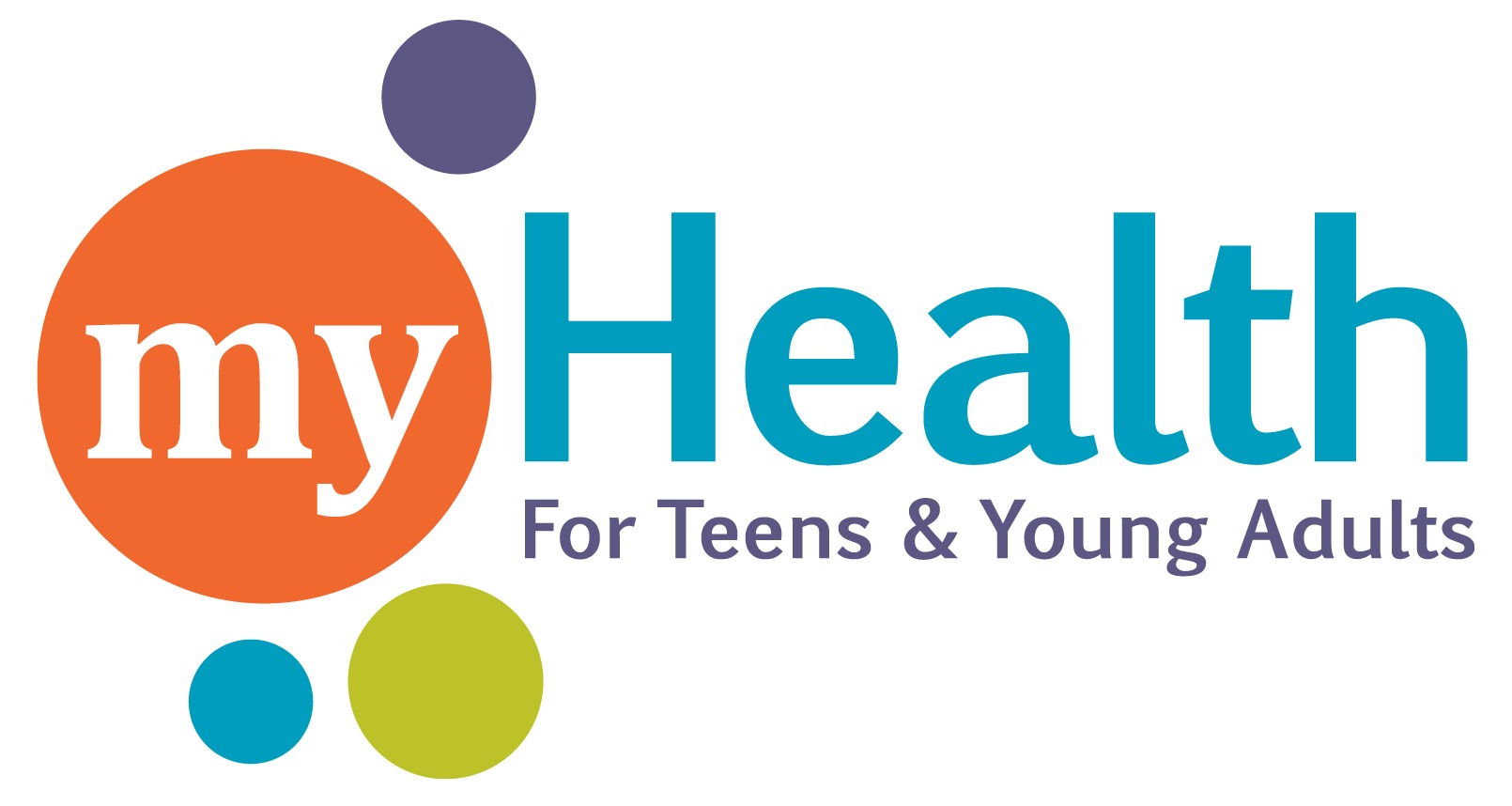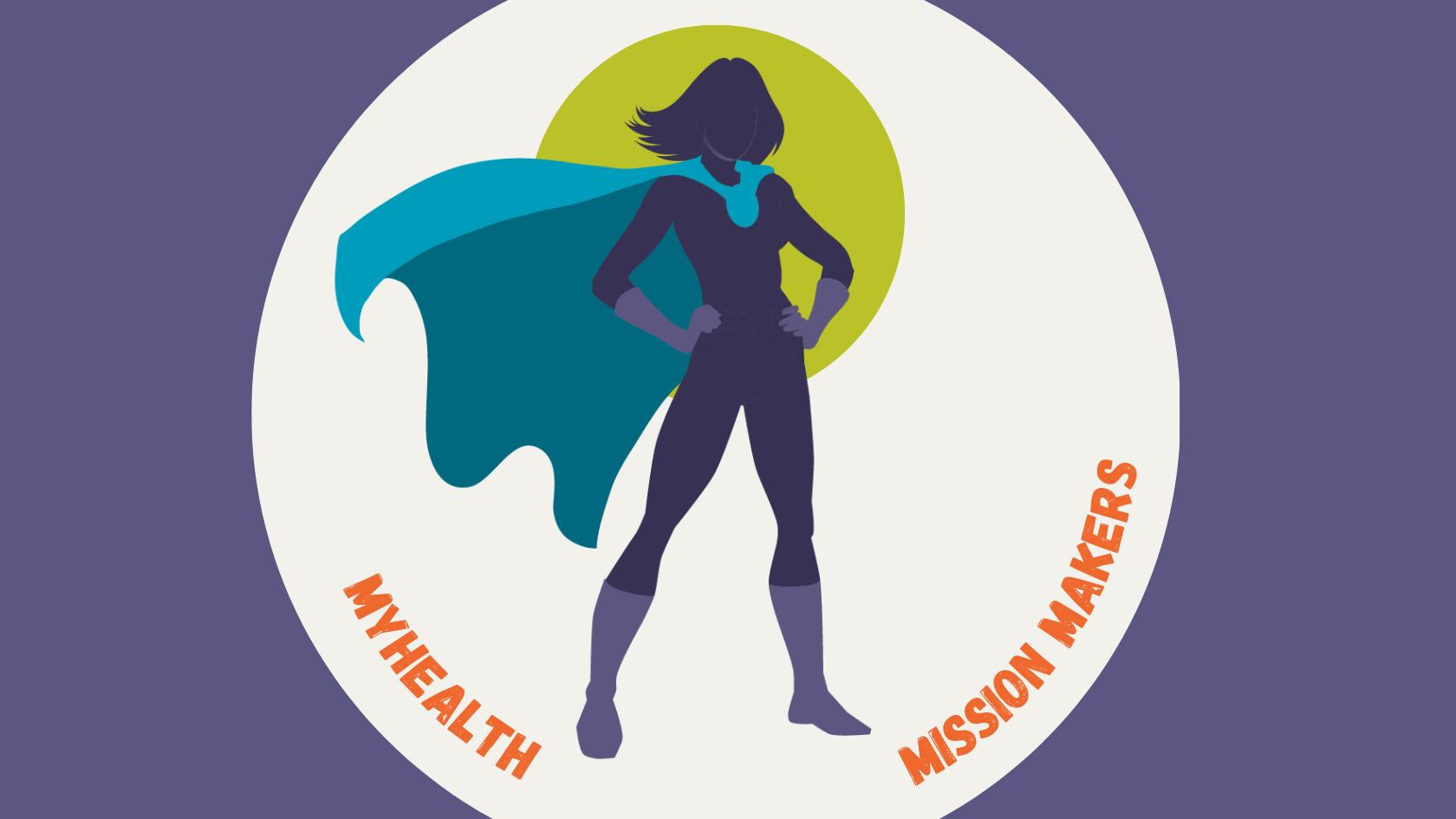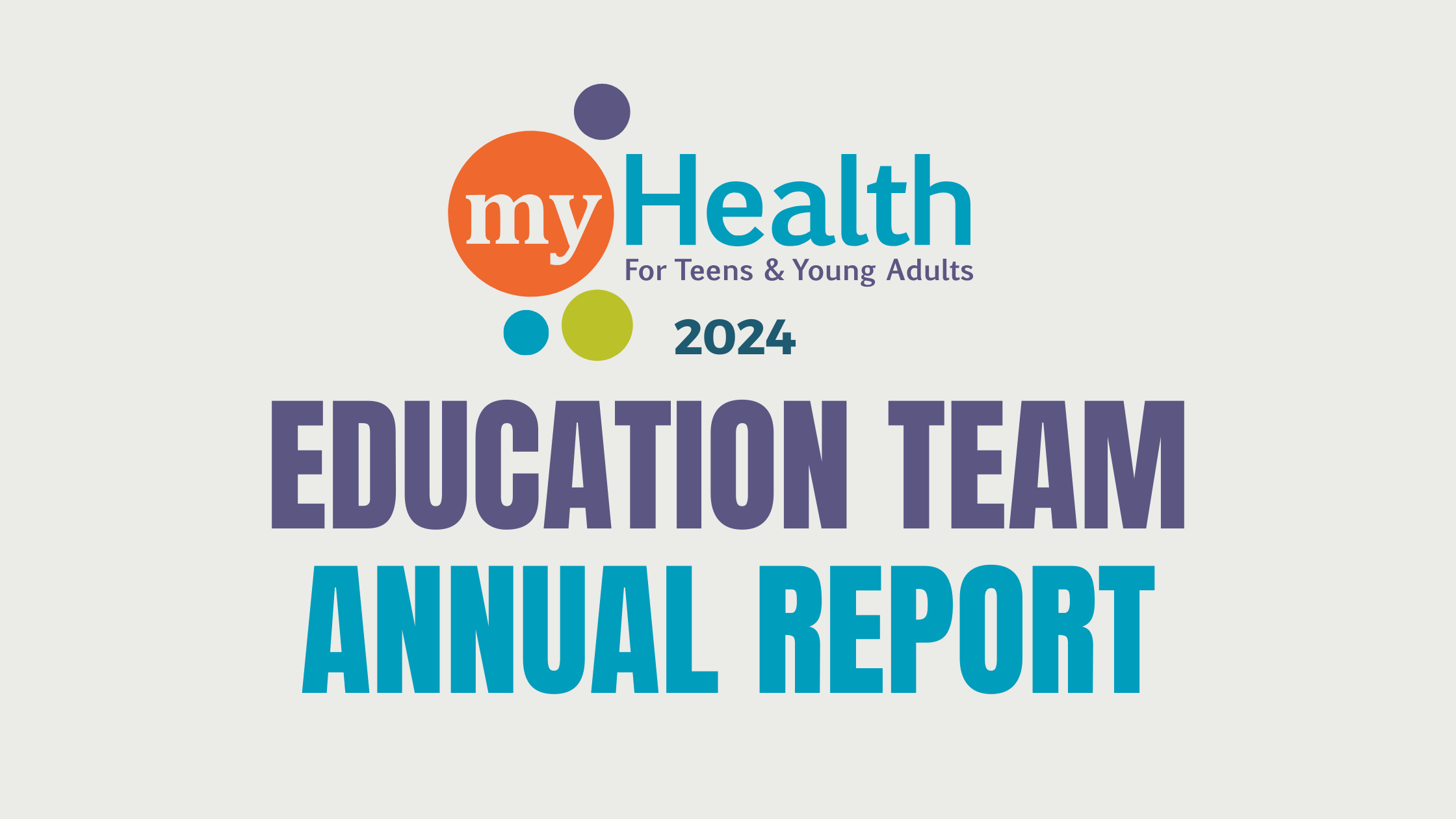
Today is the 10-year anniversary of the United States’ legalization of same-sex marriage nationwide. As celebratory as that makes me feel, I won’t lie; this hasn’t been the easiest Pride Month. Anti-LGBTQIA+ legislation continues to be pushed in legislatures across the country, and last week the Supreme Court upheld a legal ban on gender-affirming care for trans youth in Tennessee. Many large companies have scaled back their observance of Pride or stopped observing it altogether.
But political change and the latest corporate pride collections do not change the existence of LGBTQ+ people! Over 9% of U.S. adults identify as LGBTQ+, which amounts to over 30 million Americans. They are our family, friends, and neighbors.
It is important to look back and see how far the world has come. Just think, when myHealth was founded in 1972 as West Suburban Teen Clinic, Pride as a celebration was only 2 years old! As myHealth has matured into an enduring community resource, so many clients have brought a little bit of their Pride to us.
It can be challenging to seek your own health care as a teen or young adult, more so when you also find yourself sharing a special part of yourself to get care. I think of bisexual women openly discussing their partners with nurses, gay men seeking sexual health care, transgender men seeking birth control, transgender women partnering with a therapist to heal from painful discrimination, and so many more.
It warms my heart to think of the many wonderful LGBTQ+ young people who come through our doors and chosen to be vulnerable to a nurse, doctor, or therapist to improve their physical and mental health. We don’t take that trust for granted. It is myHealth’s mission to improve the health of our community by providing health services and information that support all teens and young adults in making responsible and well-informed decisions. myHealth is committed to providing safe and confidential services to our clients through inclusive language, professional training, and empathy from real world experiences. We know going from age 12 to 26 holds many changes both exciting and daunting. Getting health care should never fall into the daunting category!
To the LGBTQ+ youth in our community, you are always welcome at myHealth. There is so much about gender and sexuality that we’ve collectively learned and will never unlearn. I asked our lead therapist Erin what she would tell young people feeling a bit uncertain during this year’s Pride Month:
When things are uncertain in life, taking care of yourself, finding joy, and resting are not just a good idea; they are necessary. So don’t forget to take time to have fun, celebrate, and create community, not in spite of things being hard, but because things are hard right now.
From everyone here at myHealth for Teens and Young Adults, Happy Pride!
Resources:
- myHealth for Teens and Young Adults (952-474-3251)
- Trevor Project Hotline https://www.thetrevorproject.org/get-help/
- Unsure about the laws in other states? Visit the Movement Advancement Project (lgbtmap.org) for up-to-date information.




